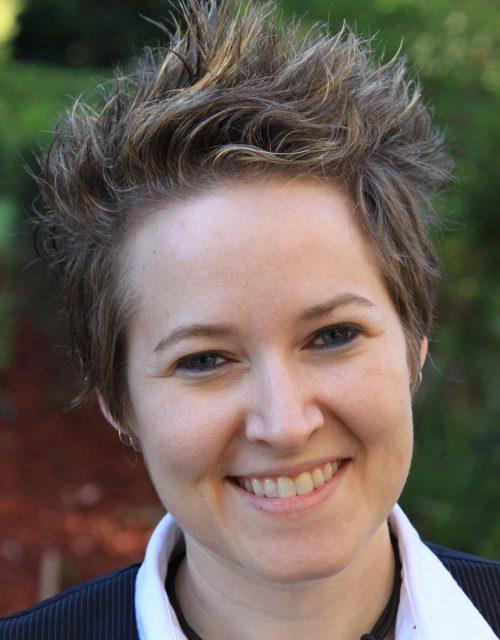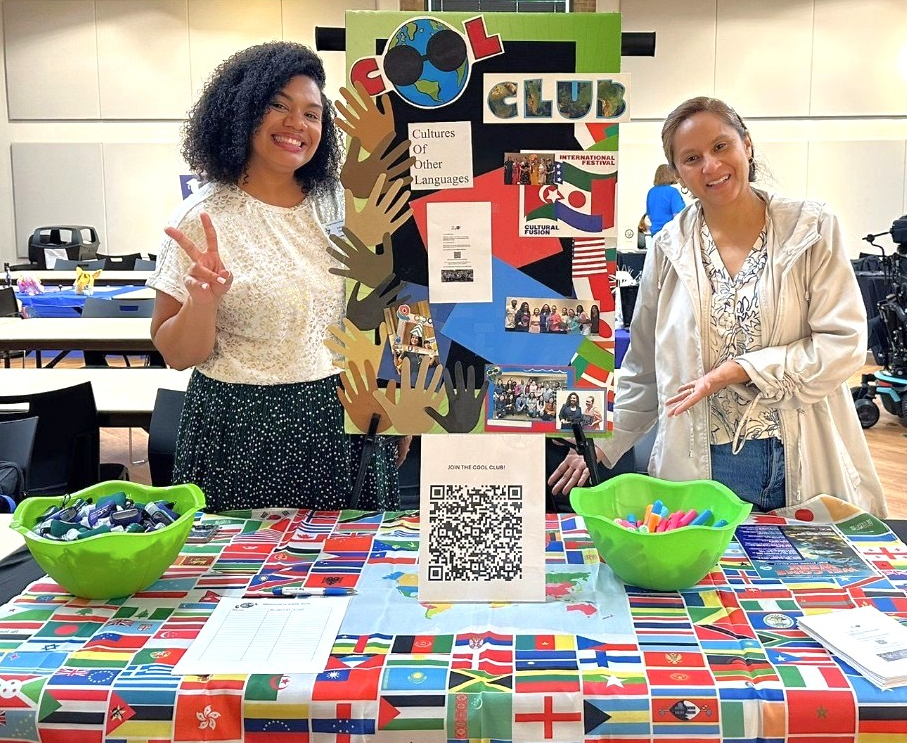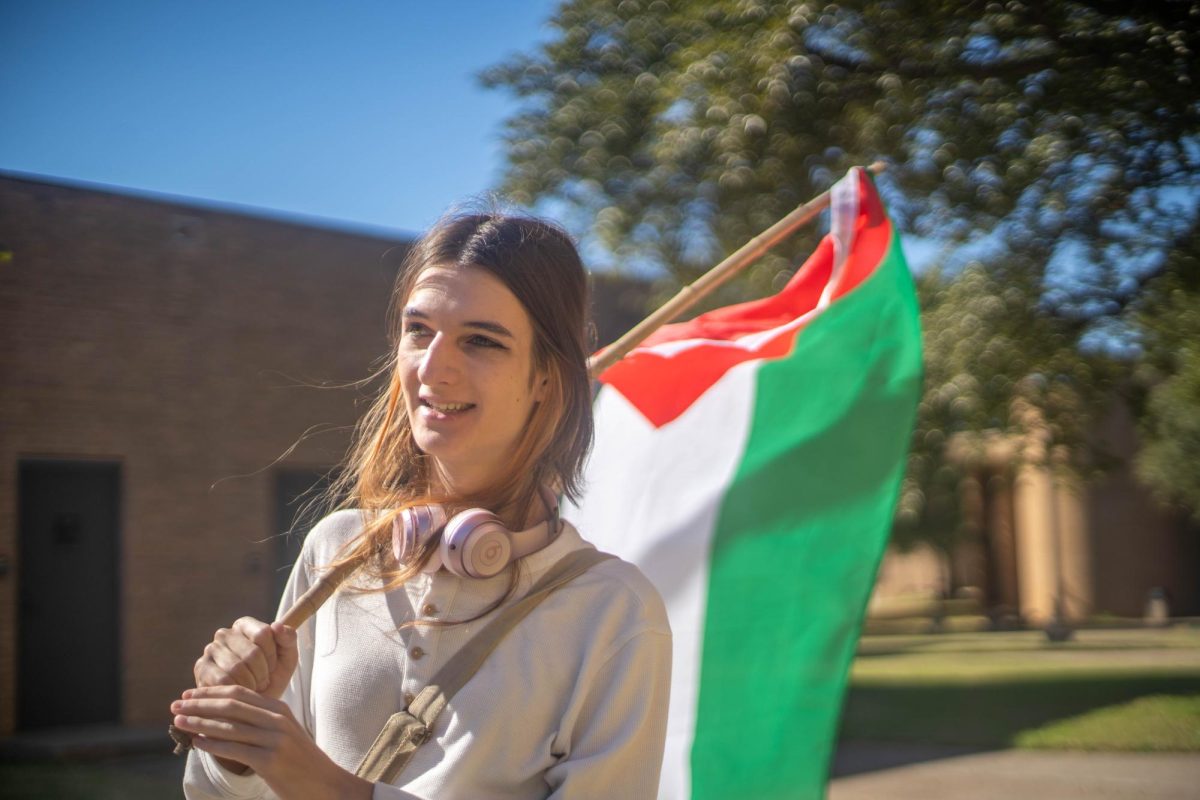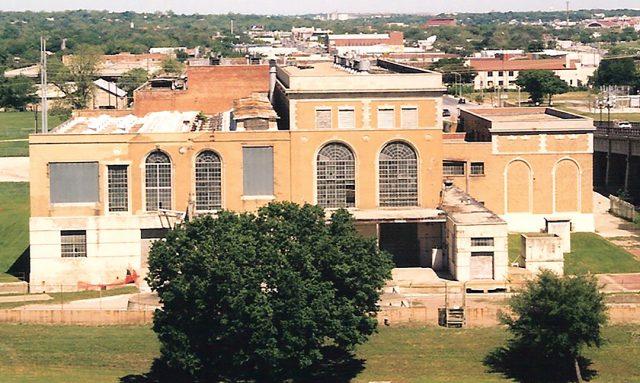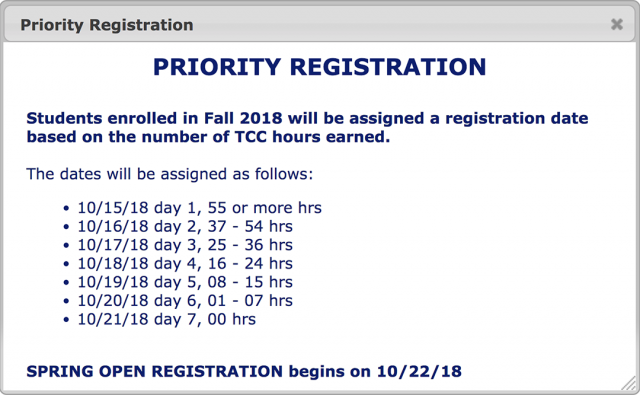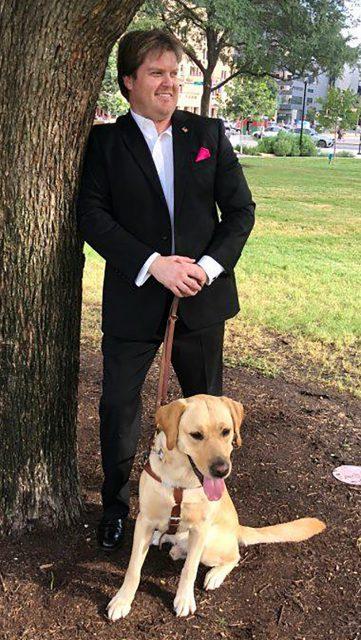By JW McNay/managing editor
A NE faculty member is doing her part to help understand and treat breast cancer through a published article, ongoing research and preparing students for the medical field.
NE biology associate professor Jennifer Smith’s interest in cancer research grew because of her family history of breast and ovarian cancer. Smith’s grandmother died of ovarian cancer, and her mother is a breast cancer survivor.
During her high school years, Smith became interested in studying breast cancer, and more so in college after seeing her mom deal with the disease.
“I felt like it was kind of a personal challenge in a way, to try and contribute to our understanding or some type of treatment in some way,” Smith said. “I wanted to make a contribution. I wanted to help somehow.”
Smith always knew she wanted to become a teacher but also wanted to contribute as a scientist on her way to becoming a professor. She took an active role in breast cancer research in 2007, when she took clinical samples and conducted research.
“I contacted the lab, applied to the program, was accepted, and they had a wide variety of projects I could contribute to,” she said. “And I immediately was attracted to developing vaccines for breast cancer. The overall idea of that is making the immune system aware of what the cancer looks like that is in that particular patient and asking the immune system to go and destroy the cancer for you.”
Smith completed a doctorate in biomedical sciences with a focus in immunology from Baylor University. In 2013, her research role shifted to more of an advisory and editing role as she started teaching. At NE Campus, Smith started as an adjunct instructor in 2014 and became a full-time professor in 2015.
She continues to do research today, and on Sept. 15, Cancer Research published an article which includes contributions from Smith as well as the research group associated with Dr. Karolina Palucka at The Jackson Laboratory. The group used to be at the Baylor Research Institute in Dallas.
“The [article] was a finding for a way that we can hopefully help stop some of the inflammation that happens around a tumor site so that we can have treatments that work better or turn that environment around the tumor around so that it’s easier to treat it,” she said.
The finding is significant because about 20 to 25 percent of people with breast cancer won’t respond to traditional treatment methods, Smith said.
“So, it’s especially important to find ways to help those people, and that’s one of the reasons why we’re trying to harness the immune system,” she said. “A lot of times these cancers that are also more aggressive don’t respond to traditional treatments and have a much lower chance of the patient surviving a year or two years past their diagnosis.”
A breast cancer vaccine is also in a clinical trial, which Smith has contributed research to as well. Findings in breast cancer research can also benefit other areas of research, she said.
October is Breast Cancer Awareness Month, and the awareness has led to better detection, prevention and treatments over the years, but there’s still work to do, Smith said.
“It is still the second-leading cause of cancer deaths in women even though there is a lot of awareness about it,” she said. “It’s still a very important thing for everyone to be aware of.”
The field is moving more toward personalized solutions, Smith said, adding that this move will lead to better care for patients.
“Realizing that even if somebody has the same specific type of breast cancer, genetic markers that a person has or things about that person’s lifestyle may lead us to a different solution for one person than it does another,” she said.
Funding for research is often partially provided by charities, but people should make sure they donate to organizations that contribute mostly to research, Smith said.
“There’s a lot of them out there that go back to individuals that started the foundation and don’t spread a lot of their funds to actual places that need the money,” she said. “People should do their research on that.”
Smith said teaching is rewarding when she gets to see her students become confident in their abilities and learn to apply their classroom skills to real-life problems.
“A lot these students will go on to be really, really great medical professionals,” she said. “I feel like that’s an important contribution too, to the community in general.”
While her research has been based on trying to find treatments for breast cancer, Smith said people need to pay a little bit more attention to prevention.
“And that goes for any medical condition not just prevention of cancer,” she said. “But I think prevention is something that we don’t talk about enough in this country that could play an even bigger role in helping save lives. If you don’t get the disease at all, then it doesn’t become a problem, right?”
Better lifestyle choices such as diet and exercise can help with prevention of some diseases, she said, adding that people shouldn’t wait until it’s too late.
“The magic bullet for cancer does not exist. And I don’t think we’ll ever find one,” she said. “I think it’s a little bit up to all of us to try an approach it from multiple ways.”






















